Reporters Without Borders (French: Reporters sans frontières, abbreviated as RSF) – one of the non-governmental organizations that always has a prejudiced view of Vietnam – has released the report “ World Press Freedom Index”.
As usual, RSF continues to make false and unfounded comments about the press situation in Vietnam, claiming that there is no press freedom in Vietnam, and that people cannot exercise their right to freedom of speech... In the rankings, RSF ranked the bottom three countries in Asia, including Vietnam at 178th.
[caption id="attachment_603610" align="aligncenter" width="1000"]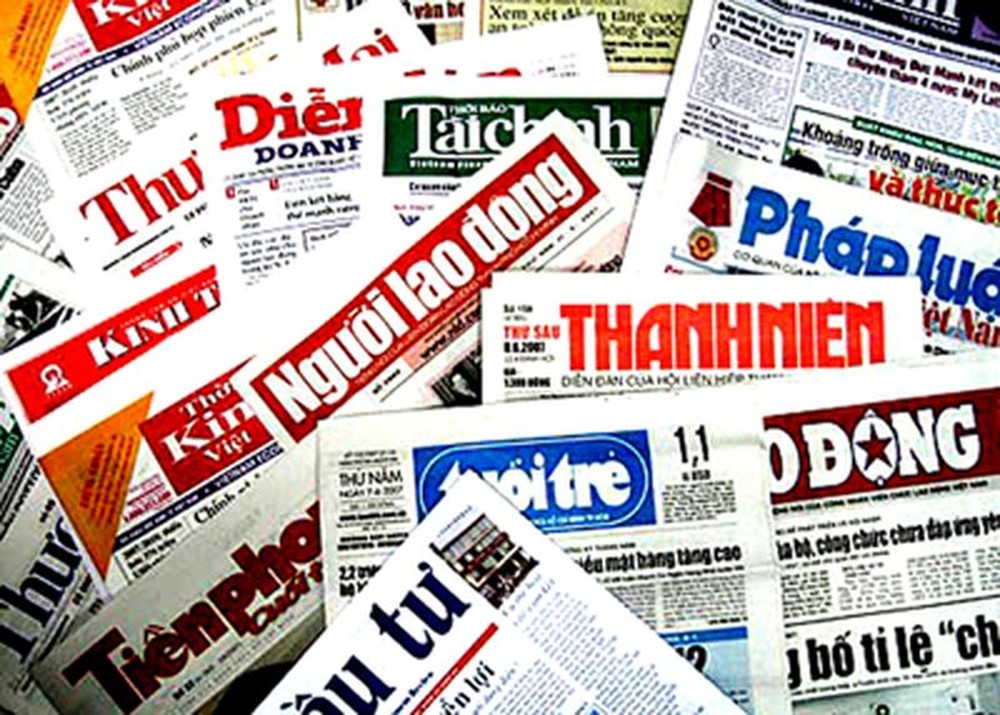 Reporters Without Borders continues to make false statements about the Vietnamese press. (Photo: Thaibinh.gov)[/caption]
Reporters Without Borders continues to make false statements about the Vietnamese press. (Photo: Thaibinh.gov)[/caption]There is no convincing basis
RSF’s assessment and ranking are not convincing. Regarding Vietnam in particular, RSF has not conducted any in-depth, specific research on the press situation. At the same time, this organization has not used any reports from the Vietnamese Government to make its assessment.
RSF's ranking of press freedom in Vietnam often relies on information provided by reactionary, hostile, opportunistic political organizations and individuals whose activities violate Vietnamese law. Therefore, the information is not objective and inaccurate about the situation of press freedom in Vietnam.
This organization uses Article 19 of the Universal Declaration of Human Rights as the basis for its actions. Although it cites the United Nations Declaration of Human Rights on human rights and freedom of expression, RSF defames other countries, contrary to the United Nations' policy. Many countries in the world accuse RSF of being behind complicated incidents, causing disturbances, instability, and inciting violence.
In fact, RSF exists and operates partly on financial support from some Western politicians. The factors used by this organization to evaluate the freedom of the press lack inclusiveness, without considering the cultural, social, and cognitive factors of each individual country. Most of the information provided is not objective, without surveying or verifying the substance, but rather baseless assessments or inferences and exaggerations.
[caption id="attachment_603613" align="aligncenter" width="650"]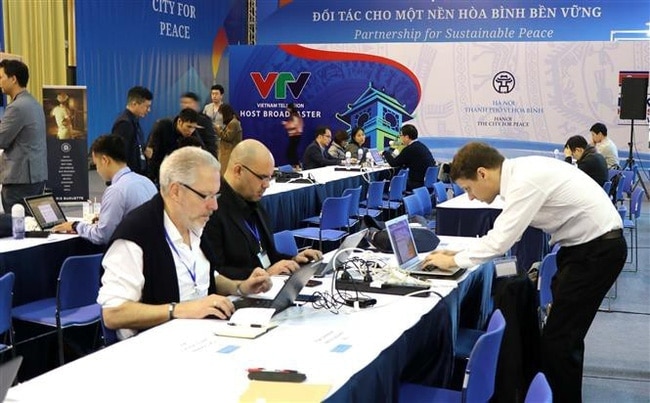 Journalism activities in Vietnam are taking place vigorously in practice. (Photo: VTV)[/caption]
Journalism activities in Vietnam are taking place vigorously in practice. (Photo: VTV)[/caption]Journalism activities in Vietnam
Meanwhile, by 2022, the country has 127 press agencies, 670 magazine agencies (including 327 political and scientific theory magazines, 72 literary and artistic magazines), 72 radio and television agencies, 77 domestic radio channels, 194 television channels (7 national essential television channels, 63 local television channels), and 57 foreign channels. There are about 41,000 personnel working in the field of journalism, of which the radio and television sector has approximately 16,500 people. In addition, international cooperation in the field of journalism is increasingly developing in the direction of multinational and multi-disciplinary cooperation. Currently, there are nearly 40 international media agencies present in Vietnam, including many major agencies such as CNN, Reuters, AP, AFP, Kyodo, Asia News Agency (Korea), Aju Economic Daily (Korea) and Rossiya Segodnya News Agency (Russia)...
International media agencies such as CNN, TV5, NHK, DW, Australia Network, KBS, Bloomberg and most of the world's major media channels can reach the Vietnamese public easily and conveniently without any technological or legal barriers. International journalists are facilitated by the Vietnamese Government to work. Many Vietnamese journalists are facilitated by the State to study, exchange professional experience and work in journalism in many countries around the world.
Vietnam is always a responsible member of the international community, we comply with international law, including Article 19 of the Universal Declaration of Human Rights: “Everyone has the right to freedom of opinion and expression; this right includes freedom to hold opinions without interference and to seek, receive and impart information and ideas through any media and regardless of frontiers”. The press is a forum for the people, a bridge between the Party and the State and the people, for people to express their thoughts, feelings and aspirations, through which the press performs the function of social criticism, proposing opinions to the Party and the State; orienting public opinion in the process of building the Party's guidelines and policies, the State's policies and laws; contributing to promoting economic, cultural and social development, ensuring security, national defense, social order and safety.
That is further affirmed regarding human rights and civil rights in the field of social life, including freedom of speech and freedom of the press, which are always guaranteed by our State, in accordance with the country's development practices and international practices.
Phuong Anh

![[Infographic] Notable numbers after 3 months of "reorganizing the country"](https://vphoto.vietnam.vn/thumb/1200x675/vietnam/resource/IMAGE/2025/10/4/ce8bb72c722348e09e942d04f0dd9729)
![[Photo] General Secretary To Lam attends the 8th Congress of the Central Public Security Party Committee](https://vphoto.vietnam.vn/thumb/1200x675/vietnam/resource/IMAGE/2025/10/4/79fadf490f674dc483794f2d955f6045)




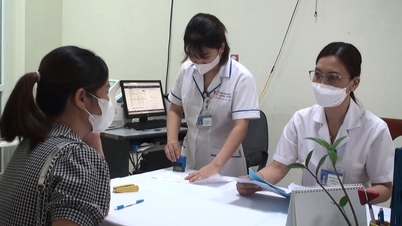



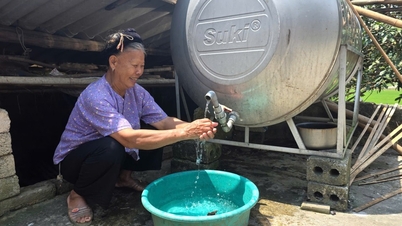

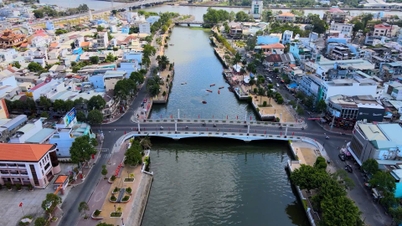

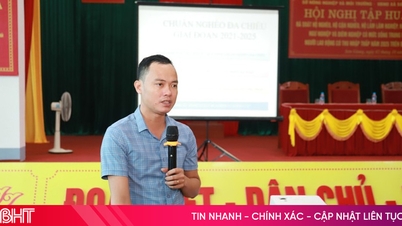

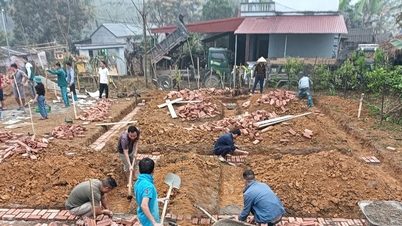





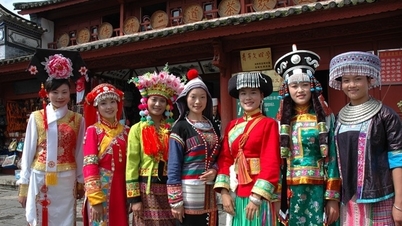

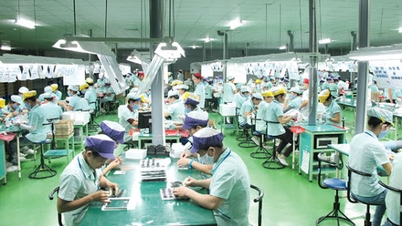
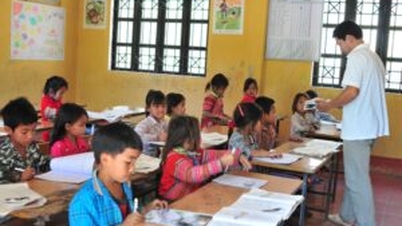

![[Photo] Students of Binh Minh Primary School enjoy the full moon festival, receiving the joys of childhood](https://vphoto.vietnam.vn/thumb/1200x675/vietnam/resource/IMAGE/2025/10/3/8cf8abef22fe4471be400a818912cb85)
![[Photo] Prime Minister Pham Minh Chinh chairs meeting to deploy overcoming consequences of storm No. 10](https://vphoto.vietnam.vn/thumb/1200x675/vietnam/resource/IMAGE/2025/10/3/544f420dcc844463898fcbef46247d16)































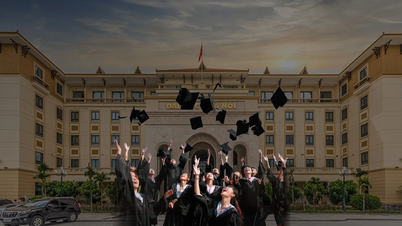




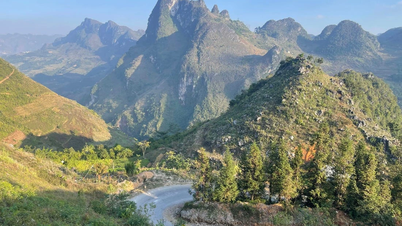


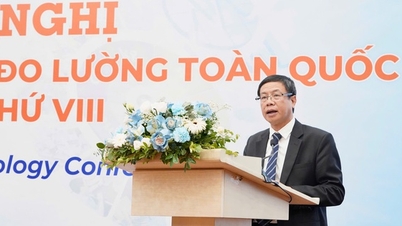

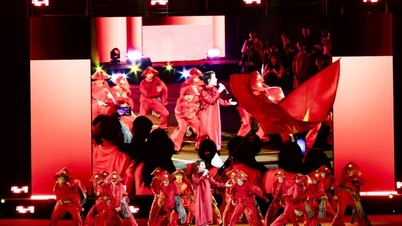


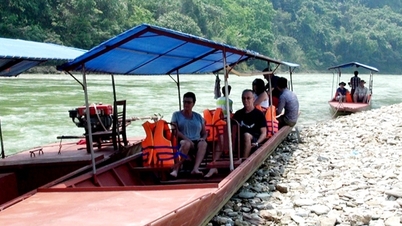


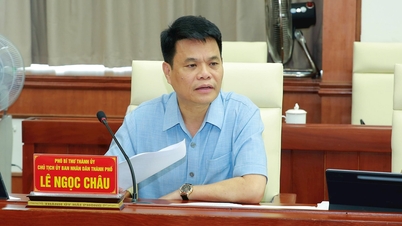

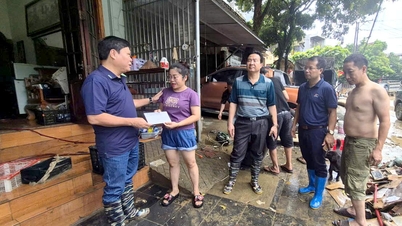


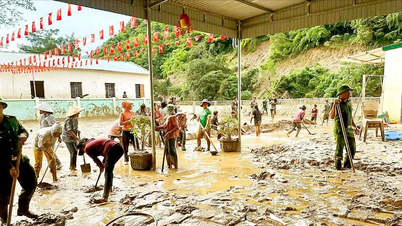



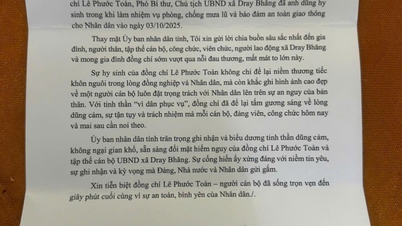













Comment (0)